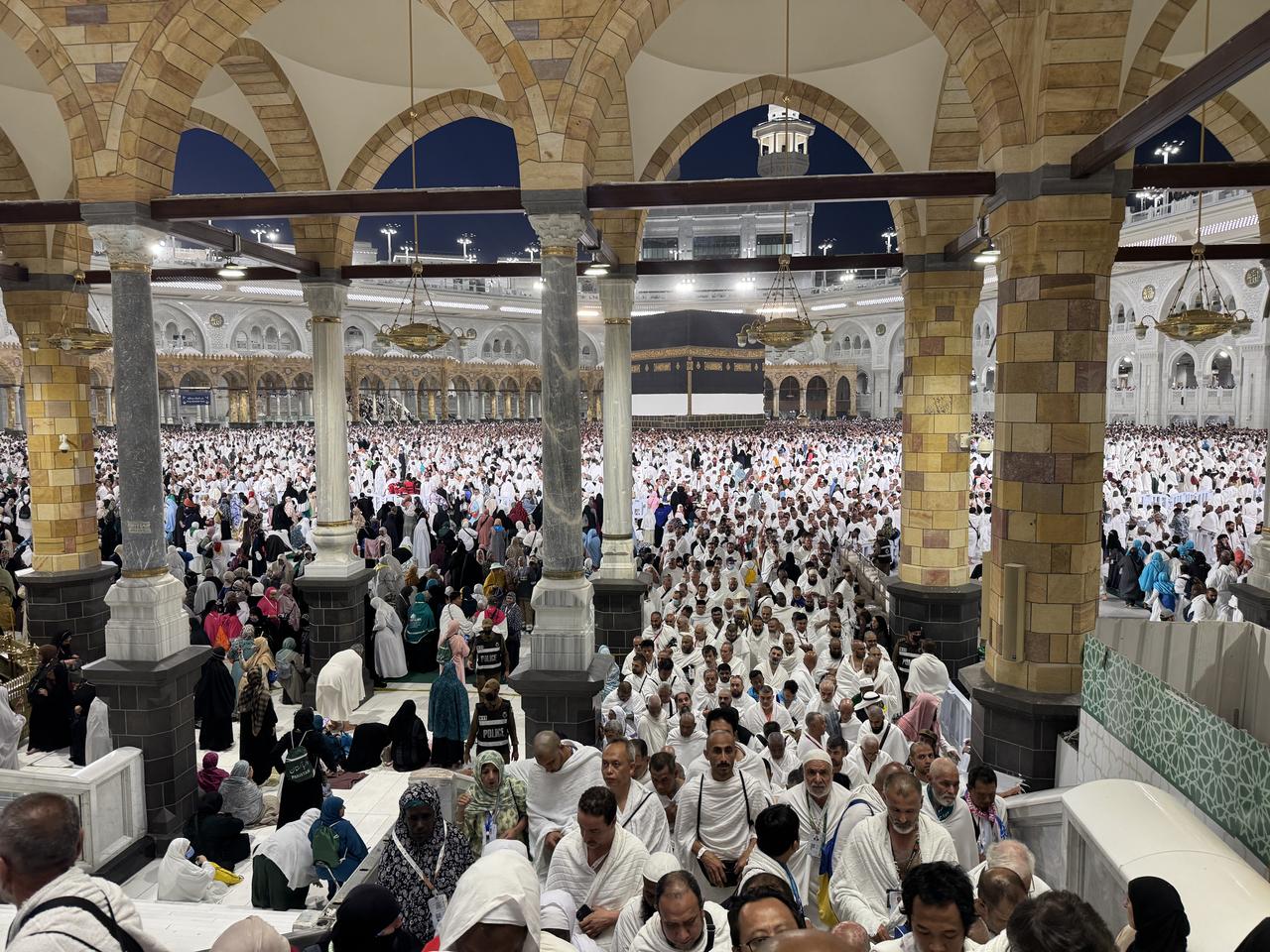
Hajj is one of the most important acts of worship in the Islamic faith, prompting millions from different countries and languages to seek to perform the fifth pillar of Islam. The growing number of pilgrims each year and the ongoing expansion of the Grand Mosque in Mecca reflect the increasing desire of Muslims to perform Hajj.
However, the announcement by the Saudi Director of Public Security and Chairman of the Hajj Security Committee that public security teams removed more than 205,000 people from Mecca for attempting to perform Hajj without a permit shows the worsening problem of unauthorized Hajj.
This is especially true given that the number of pilgrims arriving from outside the Kingdom has reached 1.25 million, a number that is expected to increase with each passing day. This means that the percentage of pilgrims apprehended constitutes approximately 16.4% of the total pilgrims arriving in Saudi Arabia, indicating the extent of the phenomenon.
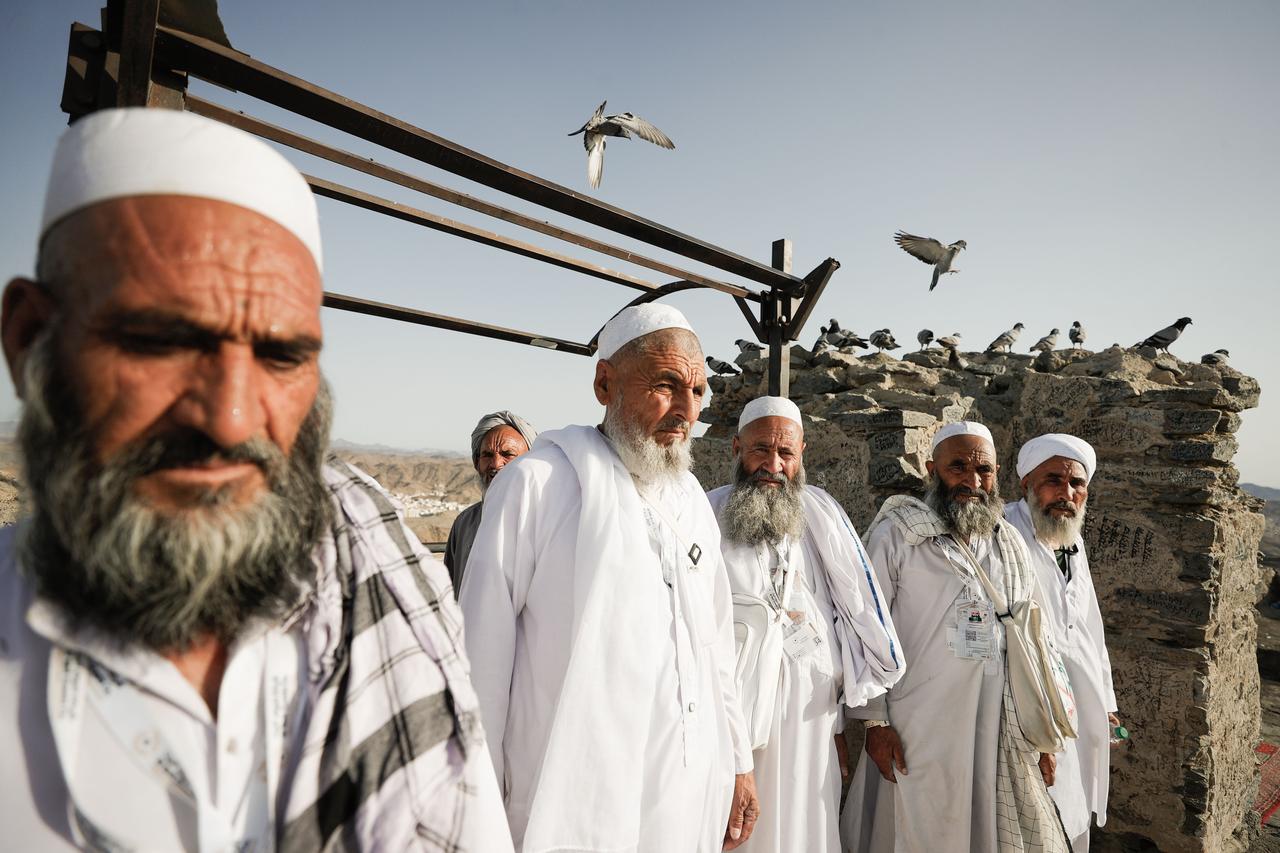
Hajj without a permit, in brief, is performing Hajj rituals without first obtaining an official Hajj permit issued by the relevant Saudi authorities. This deprives pilgrims of necessary services such as transportation, shelter, and adequate food. However, it has become increasingly widespread in recent times, with videos of unauthorized pilgrims circulating widely on social media.
This has transformed this problem from being an isolated incident in some places into a widespread phenomenon that has attracted significant attention on social media.
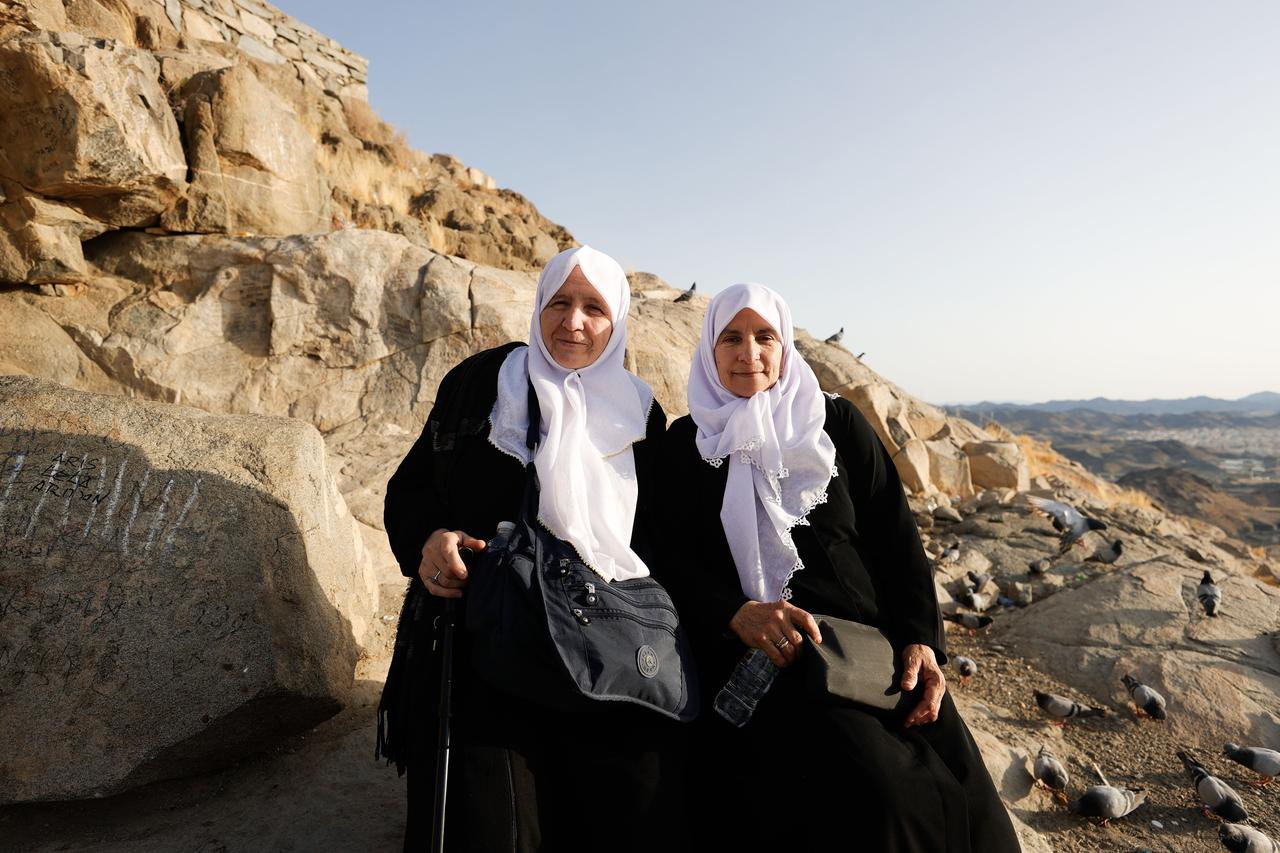
1- High cost of Hajj: For example, according to a testimonial from Egypt published by the BBC, the cost of an official Hajj in Egypt can exceed 300,000 Egyptian pounds ($6,300), while the cost of Hajj without a permit is a quarter of that amount.
2- Exposure to fraud and deception: Some brokers and weak-willed individuals convince those wishing to perform the Hajj that they can perform it using unofficial means at a very low price.
To ensure compliance with the laws and prevent Hajj without a permit, Saudi authorities rely on a range of security and technical measures, including:
1. Checkpoints
Checkpoints are set up on roads leading to Mecca during the Hajj season. These checkpoints inspect vehicles and ensure that passengers have the necessary permits. These are reinforced by security forces to ensure strict enforcement of the laws.
2. Modern technology
Authorities rely on modern technology such as cameras, aerial surveillance, and drones to monitor the roads and areas surrounding Mecca. These technologies help detect any infiltration attempts or violations. Saudi government agencies also periodically emphasize the importance of performing Hajj with a permit, including for residents of Saudi Arabia, citizens, and others.
3- Digital Nusuk card
This card is distributed to all official pilgrims, containing all their personal information, including their residential areas and other details. This ensures a robust database for the relevant authorities, helping them reach the individual and secure their needs.
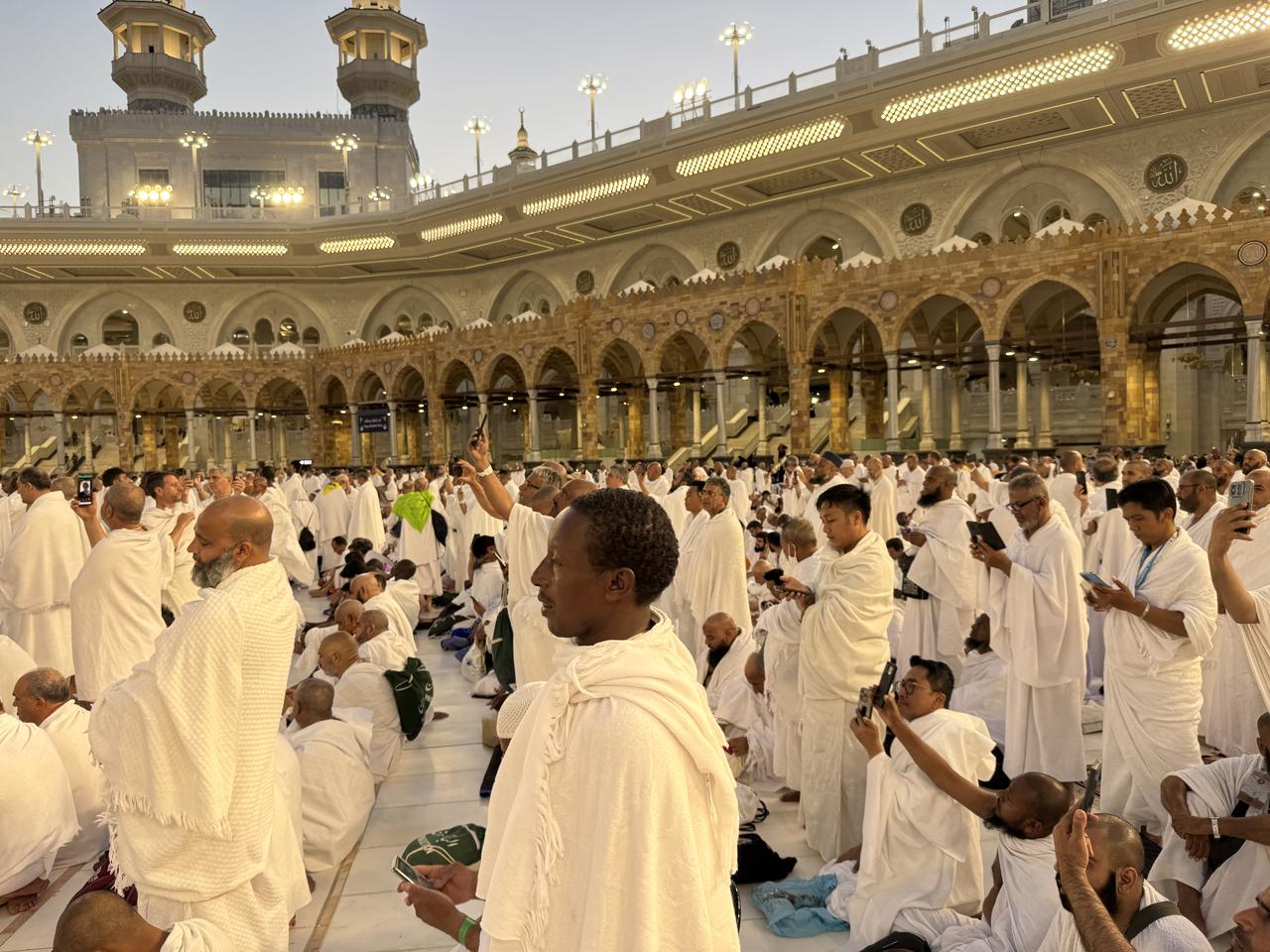
Saudi Arabia has launched the "No Hajj Without a Permit" campaign, aiming to regulate the Hajj process, ensure the safety and comfort of pilgrims, and prevent irregular Hajj, which lacks adequate amenities and facilities, leading to organizational, security, and health problems that negatively impact the safety and security of pilgrims.
The permit is a regulatory tool for securing housing, determining the location of pilgrims, facilitating crowd management to avoid overcrowding that can lead to congestion and accidents, and ensuring the availability of housing to prevent the extreme heat from causing deaths.
This is particularly true since irregular Hajj leads to the phenomenon of sleeping on roads and sidewalks, which threatens the safety and security of the Hajj. This phenomenon leads to sleepers being trampled underfoot, leading to acts of theft, robbery, and concealment from security personnel. It increases the burden on security personnel, instead of focusing these efforts on serving regular pilgrims. Regular Hajj also prevents fake companies from depriving pilgrims of their rights. Not only that, but irregular pilgrims take a dangerous risk that could result in personal or other pilgrims' loss due to their failure to receive the required vaccinations required by pilgrims with Hajj permits. The state relies on vaccines to prevent disease outbreaks during each Hajj season.
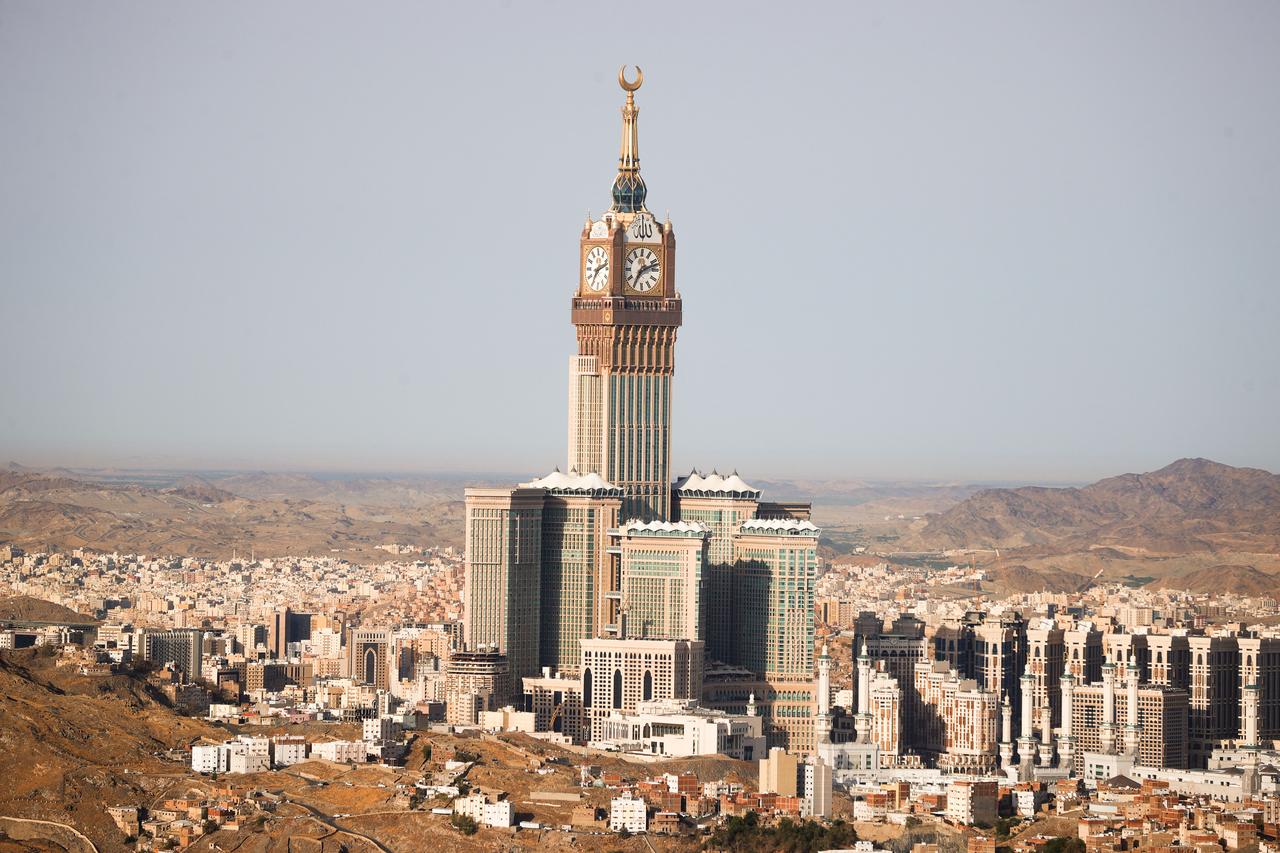
At the same time, we must not forget that the area of the holy sites is limited. Mina, in particular, covers an area of only 7.82 square kilometers, with only 4.8 square kilometers actually utilized, accommodating more than 2 million pilgrims. Meanwhile, Arafat covers an area of 33 square kilometers. Mina was designed to include more than 100 bridges and tunnels to serve Hajj pilgrims, with specifications that surpass those of cities built to serve only one annual season.
For example, in 2024, the death toll during Hajj exceeded 1,000 pilgrims, which represents an increase in the number of deaths. According to an Egyptian diplomatic official, most of the 658 Egyptian pilgrims died due to the intense heat. Most of these pilgrims lacked the services designated for regular pilgrims, preventing them from receiving the necessary support. In other words, if some of these pilgrims had obtained a Hajj permit, their lives could have been saved. This indicates a direct link between Hajj without a permit and the inability to provide adequate medical services to pilgrims.
From a religious perspective, the Council of Senior Scholars in Saudi Arabia emphasized that the obligation to obtain a Hajj permit and the commitment of those intending to perform the Hajj pilgrimage is consistent with the interests required by Islamic law. Sharia aims to enhance and increase interests and prevent and reduce harm. It clarified that "It is not permissible to go for Hajj without obtaining a permit, and the one who does so bears a sin. Whoever is unable to obtain the permit is considered religiously as someone who is not capable of performing Hajj."
Despite repeated religious and official warnings about the importance of obtaining a Hajj permit, some still defend performing Hajj without one, arguing it is a dream, especially for the elderly and the sick. The exorbitantly high prices make it nearly impossible for some people to perform Hajj.
However, this opinion is wrong because it puts others at risk, especially with the increasing number of accidents and deaths during Hajj. These incidents have made performing Hajj without a permit a security issue that must be addressed.